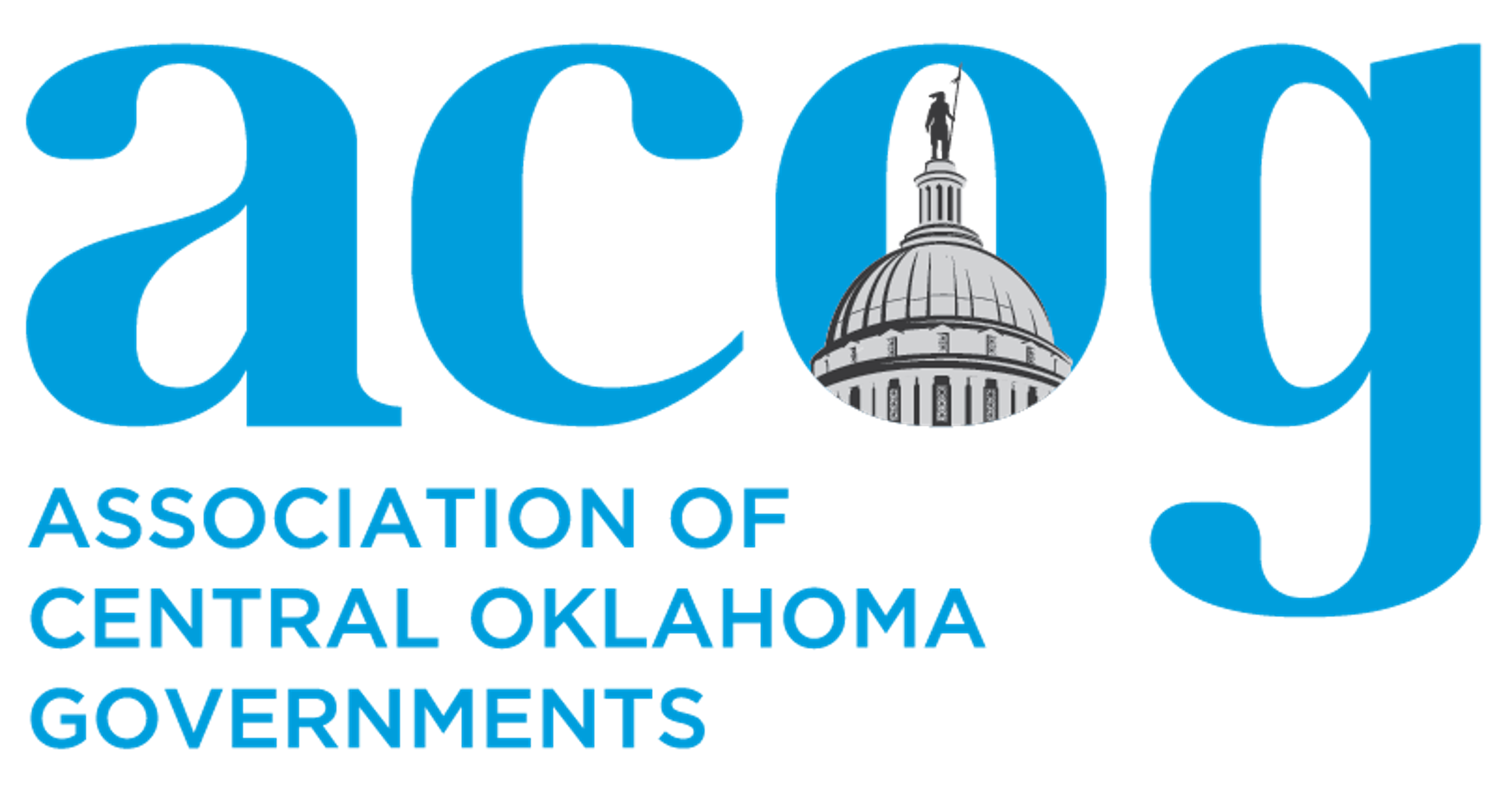Legislative Advocacy
Legislative advocacy and policy activities are critical to advancing the role and voice of regional government in Central Oklahoma. ACOG is responsible for representing our regional programs and priorities with local, state and federal agencies. ACOG staff work with our various policy boards to develop annual legislative issues and legislative priorities. This advocacy section of our website provides information on how local governments can take action on important issues.
- Legislative Action Alerts and Updates
- Current Legislative Activities
- Relevant Resources
Legislative Updates
ACOG Legislative Updates inform members the status of ACOG prioritized legislation that is important to the citizens of Central Oklahoma.
Staff Contacts
Rachel Meinke
Public Information Director
2024 State Legislative Updates
2024 Federal Priorities
What is Advocacy?
What Is Advocacy?
According to the Internal Revenue Service (IRS), advocacy is indirect lobbying. It differs from direct lobbying in that diAdvocacy is educating lawmakers about what is important to you and your community. Advocacy is standing up for your beliefs. Advocacy is persuading others to support your cause.
Who Is an Advocate?
The most convincing advocate for ACOG is a board member who can talk about a personal experience with an ACOG program or project and how it helped change the lives of people and vitalize the communities in which they live.
ACOG staff members are also important advocates as they serve the public in their respective fields as subject matter experts. As such, they may advocate by educating policymakers about ACOG’s needs and the people ACOG serves. Also, by developing trusted relationships with local, state and federal lawmakers and officials, ACOG staff may have the opportunity on occasion to act as a helpful resource with Congressional as well as State House and/or Senate casework. We can also help organize ACOG stakeholders and supporters on important issues, and educate a wider audience about our accomplishments. Some examples include:
- Emailing or calling your elected officials
- Organizing meetings or site visits with your legislators and their staff
- Making your views known to policymakers and your community through traditional and social media
It’s important to note that these activities become lobbying if they call for an action on legislation or a pending regulation.
Why does advocacy matter?
When done effectively, advocacy influences public policy by providing a conduit for individuals and organizations to voice an opinion.
These efforts can, in turn, sway public opinion, garner press coverage, and ultimately provide policymakers an opportunity to respond to constituents’ needs.
What is the difference between advocacy and lobbying?
Advocacy is the process of stakeholders making their voices heard on issues that affect their lives and the lives of others at the local, state, and national level. It also means helping policymakers find specific solutions to persistent problems. Most associations can advocate as much as possible to achieve their goals.
Lobbying, on the other hand, involves activities that are in direct support of or opposition to a specific piece of introduced legislation. While nonprofits can engage in some lobbying, the IRS has strict rules about what portion of their budget can go toward these activities. There are also prohibitions on any use of federal funds for lobbying.
Examples of Advocacy vs. Lobbying
Advocacy
- Telling your local, state or federal elected official how a state or federal grant your organization received has helped your constituents.
- Educating a local, state or federal elected official about the effects of a policy on your constituency.
- Inviting a local, state or federal elected official to visit your organization so that he/she may see firsthand how local, state and/or federal funding or a policy affects day-to-day operations and the difference it makes.
Lobbying
- Asking your member of Congress to vote for or against, or amend, introduced legislation
- Emailing a “call to action” to your members urging them to contact their member of Congress in support of action on introduced legislation or pending regulations
- Preparing materials or organizing events in support of lobbying activities.
Capitol Press Corps
Associated Press
(405) 524-3363
